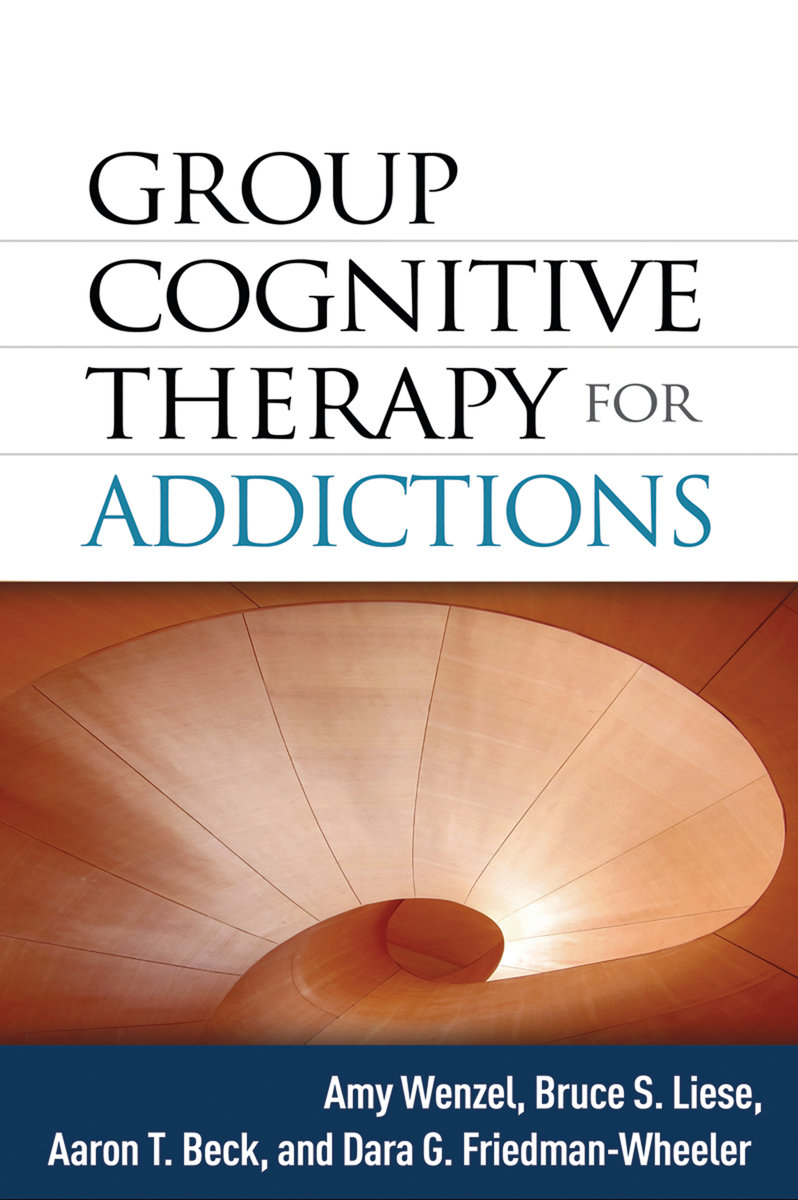This pragmatic guide -- from a team of experts including cognitive therapy originator Aaron T. Beck -- describes how to implement proven cognitive and behavioral addiction treatment strategies in a group format. It provides a flexible framework for conducting ongoing therapy groups that are open to clients with any addictive behavior problem, at any stage of recovery. Practical ideas are presented for optimizing group processes and helping clients build essential skills for coping and relapse prevention. Grounded in decades of research, the book features rich case examples and reproducible clinical tools that can be downloaded and printed in a convenient 8 1/2" x 11" size.



